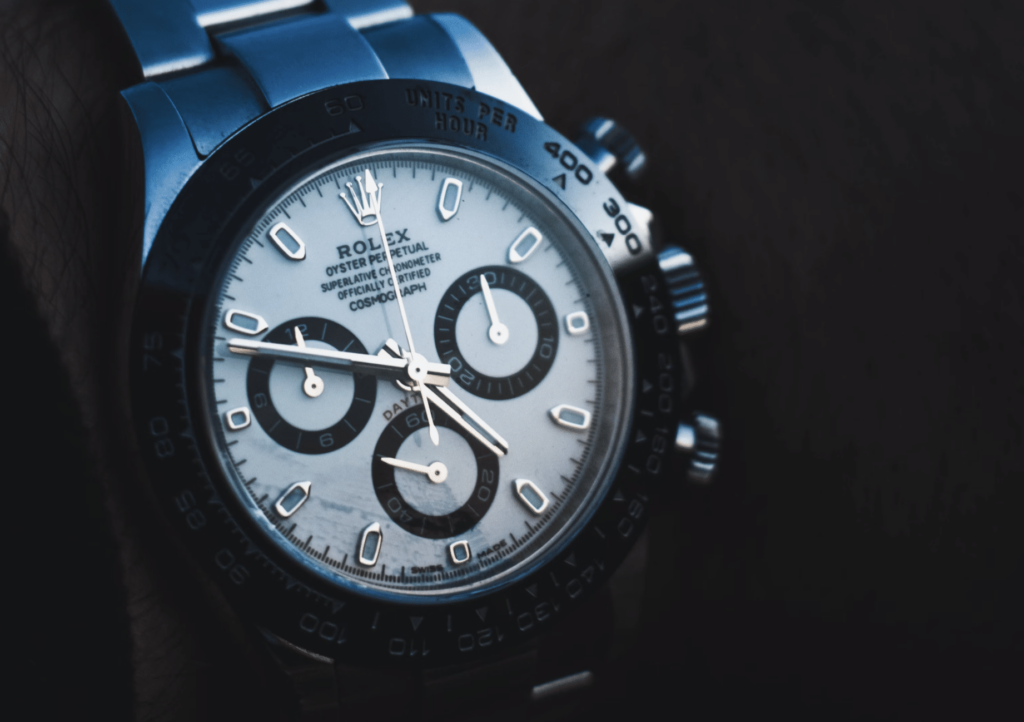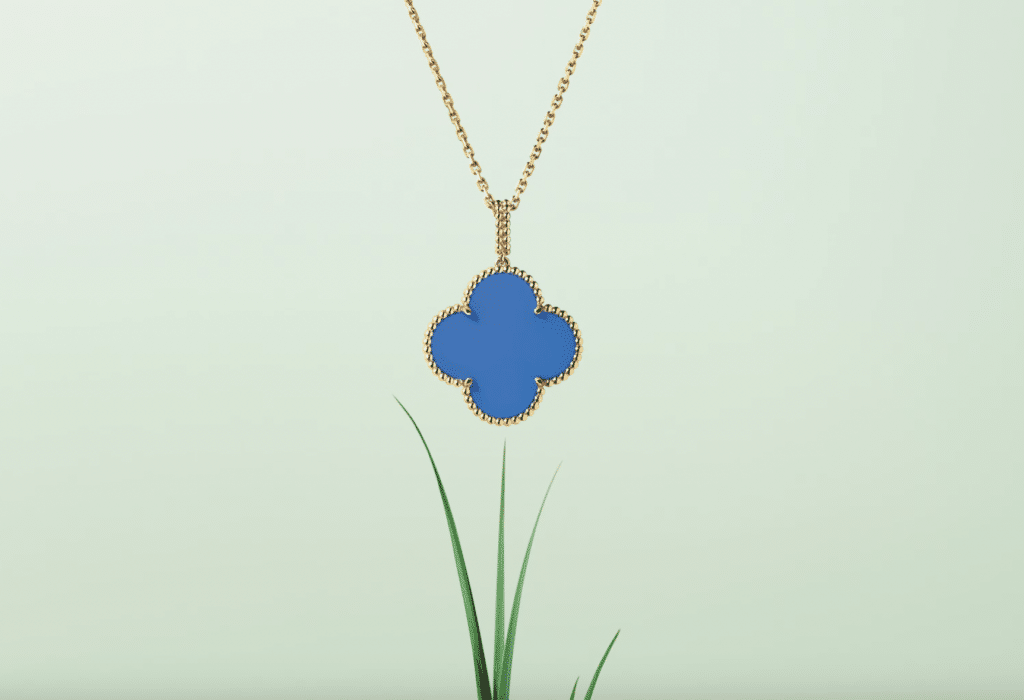A federal judge blocked the proposed $8.5 billion merger between Tapestry and Capri Holdings on Thursday, granting the U.S. Federal Trade Commission (“FTC”)’s motion for a preliminary injunction to put a hold on the fashion giants’ merger and sending the case back down to the administrative level for further proceedings. The court’s opinion and order, which opened with the words, “Antitrust has come into fashion,” did not get much better from there for the two companies which own Coach, Kate Spade and Michael Kors, among other brands. The court found that the “merging parties are close competitors” operating in a distinctly defined “accessible luxury handbag” market and that the merger would result in the loss of head-to-head competition and hurt consumers, not to mention be “very difficult – if not impossible – to unwind” after further administrative proceedings play out.
According to the 169-page opinion, which currently contains redacted content from confidential documents that may be unredacted and refiled later this month, Judge Jennifer Rochon of the U.S. District Court for the Southern District of New York found that the FTC has “proven that it is likely to succeed in convincing a federal court of appeals that the transaction” will substantially lessen competition. Accordingly, this “creates a presumption in favor of preliminary injunctive relief,” per Judge Rochon. Of course, she acknowledged that the findings are “merely preliminary,” and thus, “the FTC remains free to reach its own legal conclusions and develop its own record in its administrative proceedings.”
“For now, however, the court finds that the balance of the equities clearly favors granting the FTC’s request for a preliminary injunction,” Judge Rochon wrote.
Tapestry in a statement on Thursday afternoon said that it plans to appeal the order, “consistent with our obligations under the merger agreement.” The court’s decision to grant the FTC’s request for a preliminary injunction is “disappointing and, we believe, incorrect on the law and the facts,” the company said. “Tapestry and Capri operate in an industry that is intensely competitive and dynamic, constantly expanding, and highly fragmented among both established players and new entrants. We face competitive pressures from both lower- and higher-priced products and continue to believe this transaction is pro-competitive and pro-consumer.”
In reaching her decision after a short trial, Judge Rochon, as part of her detailed analysis, took a hard look at whether Tapestry and Capri are close competitors. To determine that they were, she considered internal acknowledgement of the companies’ competition; investor reports; and pricing and market strategy – internal documents and material that the defendants argued during a week-long trial should not be considered. For instance, with regard to how the two fashion groups view one another internally, the court relied on emails that saw the companies explicitly referring to each other as competitors. In one example, Capri CEO John Idol compared Michael Kors’ business approach to “the approach taken by their ‘key competitor Coach.’” In another, a Capri board meeting letter compared Michael Kors to “the closest competitor, Coach.”
Additionally, the court analyzed the question of market distinctions – a key point of contention during the trial and before. The FTC drew strict distinctions between “accessible-luxury,” “mass-market,” and “true-luxury handbags” to build its case, while the Tapestry and Capri argued that the market definitions are, in fact, much more fuzzy. The court, in siding with the government, found that “accessible-luxury handbags” constituted a distinct product market from the other two categories based on distinct price points, reliance on discounts, and industry recognition.
“The record is replete with references to ‘accessible luxury,’ ‘affordable luxury,’ and similar terms, not only by Tapestry and Capri, but also by other industry participants to describe good-quality handbags at affordable prices,” the court wrote, highlighting how accessible-luxury handbags have an entry price point of approximately $100 and “heavily rely on discounting.”
Still yet, Judge Rochon also considered equitable interests, and began that analysis by “considering the interests of the public.” Denying injunctive relief while the FTC’s administrative proceedings continue would “likely cause irreparable harm to the public,” the judge wrote. For one thing, she asserted that the potential harm to consumers that could occur in the interim, such as an increase in prices, cannot be recovered if the government prevails at the administrative stage.
Beyond that, the court said that a handbag is not just a handbag. “Downplaying the importance of handbags as nonessential discretionary items that consumers can simply choose not to buy if the price is too high ignores that handbags are important to many women, not only to express themselves through fashion but to aid in their daily lives,” the court wrote, noting that if it did not enjoin the transaction then “all of the business actions… that normally accompany mergers” would take place and it would be “difficult – if not impossible – to unwind these actions.”
Tapestry and Capri’s pushback against the injunction, at least on an equitable level, centered around two arguments. First, they claimed that because the FTC is unlikely to prevail on the merits of its injunction push, then the court should not grant the relief it seeks. “Given the court’s finding that the FTC is likely to succeed, this argument fails,” Judge Rochon wrote.
Secondly, the defendants claimed that a preliminary injunction “will have the effect of blocking the merger permanently.” However, Judge Rochon said that while this is the case in some instances, that is usually because “the merging parties directly state that they will abandon the merger” if a preliminary injunction is ordered. In this instance, the court notes, that has not happened. Rather, the parties have stated that the proceedings are “very disruptive for our company” and that Capri is “having a very difficult time currently planning its future…”
“These remarks fall short of saying that Tapestry and Capri plan to part ways if this Court preliminarily enjoins the merger,’ Judge Rochon wrote, emphasizing that “although the Court is not indifferent to the uncertainties faced by the merging firms and their employees, their concerns amount to private equities and cannot on their own overcome the public equities that favor the FTC.”
The case is Federal Trade Commission v. Tapestry, Inc., 1:24-cv-03109 (SDNY).











